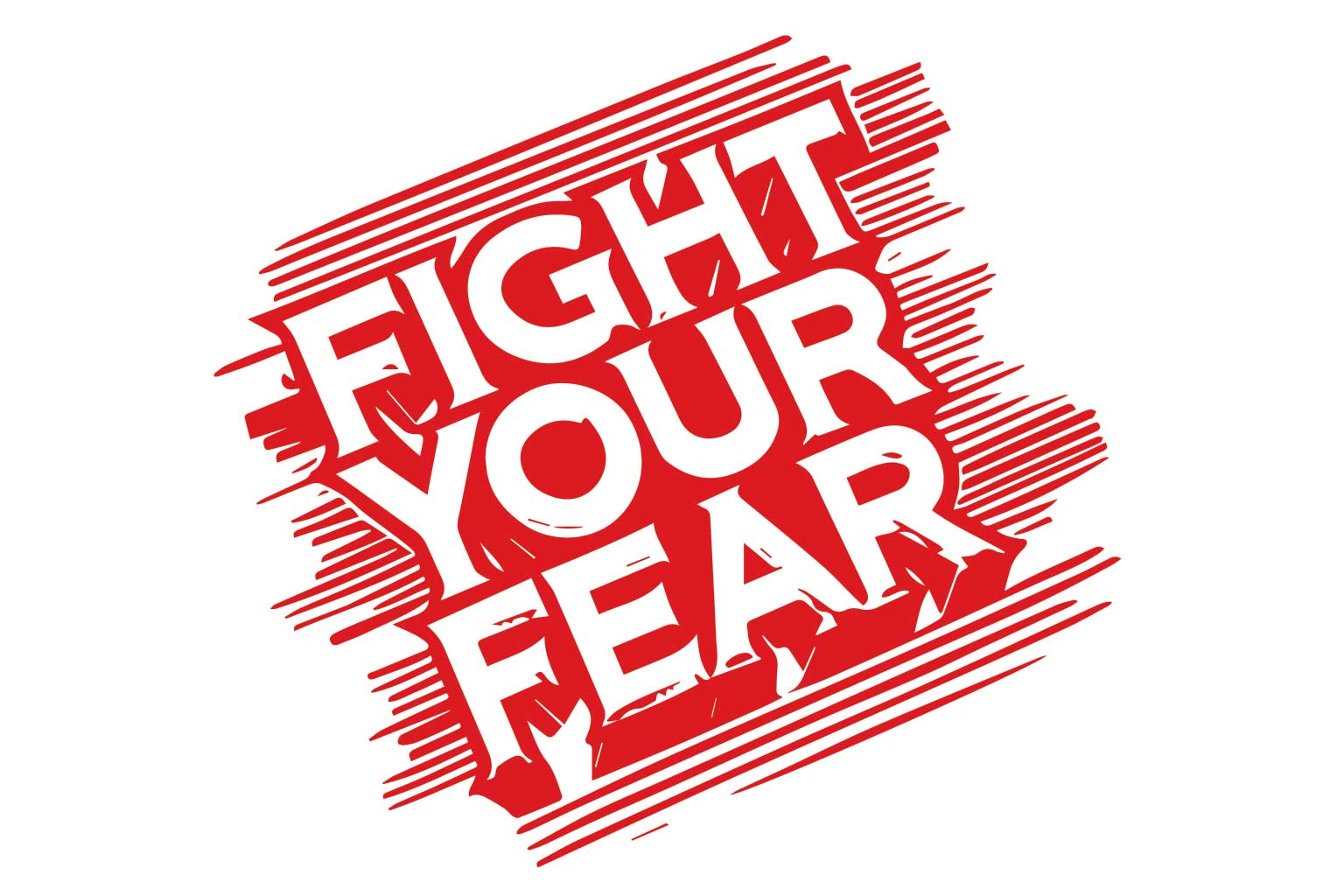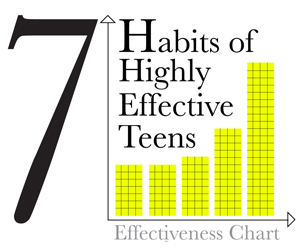
Fear is our emotional reaction to situations or things that make us feel unsafe or unsure.
How Fear Works
When we sense danger, the brain reacts instantly, sending signals that activate the nervous system. This causes physical responses, such as a faster heartbeat, rapid breathing, and an increase in blood pressure. Blood pumps to muscle groups to prepare the body for physical action (such as running or fighting). Skin perspires to keep the body cool. Some people may notice sensations in the stomach, head, chest, legs, or hands. These physical sensations of fear can be mild or strong.
These physical responses suggest that the person is in a “fight or flight” mode because that is exactly what the body is preparing itself to do: fight off the danger or run fast to get away. The body stays in this state of fight–flight until the brain receives an “all clear” message and turns off the response.
Sometimes fear is triggered by something that is startling or unexpected (like a loud noise), even if it’s not actually dangerous. That’s because the fear reaction is activated instantly — a few seconds faster than the thinking part of the brain can process or evaluate what’s happening. As soon as the brain gets enough information to realize there’s no danger (“Oh, it’s just a balloon bursting — whew!”), it turns off the fear reaction. All these can happen in seconds.
How can fear help us?
Fear protects us. It makes us alert to danger and prepares us to deal with it. Feeling afraid is very natural — and helpful — in some situations. For instance, someone who isn’t a strong swimmer might have a fear of deep water. In this case, the fear is helpful because it cautions the person to stay safe. Someone could overcome this fear by learning how to swim safely. A fear can be healthy if it cautions a person to stay safe around something that could be dangerous. But sometimes a fear is unnecessary and causes more caution than the situation calls for.
How can fear limit us?
Many people have a fear of public speaking; whether it’s giving a report in class, speaking at an assembly, or reciting lines in the school play, speaking in front of others. People tend to avoid the situations or things they fear. However, this doesn’t help them overcome fear — in fact, it can be the reverse. Avoiding something scary reinforces a fear and keeps it strong.
People can overcome unnecessary fears by giving themselves the chance to learn about the thing or situation they’re afraid of and gradually get used to it. For example, people who take the aeroplane despite a fear of flying can grow used to the unfamiliar sensations like takeoff or turbulence. They learn what to expect and have a chance to watch what others do to relax and enjoy the flight. Gradually (and safely), facing fear helps someone overcome it.
How can you manage or overcome your fears?
Face your fear if you can
If you always avoid situations that scare you, you might stop doing things you want or need to do. You won’t be able to test out whether the situation is always as bad as you expect, so you miss the chance to work out how to manage your fears and reduce your anxiety. Anxiety problems tend to increase if you get into this pattern. Exposing yourself to your fears can be an effective way of overcoming this anxiety.
Know yourself
Try to learn more about your fear or anxiety. Keep an anxiety diary or thought record to note down when it happens and what happens. You can try setting yourself small, achievable goals for facing your fears. You could carry with you a list of things that help at times when you are likely to become frightened or anxious. This can be an effective way of addressing the underlying beliefs that are behind your anxiety. Try to learn more about your fear or anxiety. Keep a record of when it happens and what happens.
Exercise & Relax
Increase the amount of exercise you do. Exercise requires some concentration, and it can take your mind off your fear and anxiety. Practising relaxation techniques can help you with the mental and physical feelings of fear. It can help by just dropping your shoulders and focusing on breathing deeply—or imagine yourself in a relaxing place. You could also try learning things like yoga, meditation, or massage.
Faith/spirituality
At different stages of your life, you may face different fears. Fear of failing your major examination, fear of not being accepted by your peers, fear of public speaking, fear of not getting into the desired course, fear of not being able to find a job, fear of losing your job, fear of a loved one dying, fear of a loved one leaving you etc… the list goes on.
If you are religious or spiritual, this can give you a way of feeling connected to something bigger than yourself. Faith can provide a way of coping with everyday stress, and attending church and other faith groups can connect you with a valuable support network to help you manage or overcome your fears.
Fears affect your self-esteem and limit your potential and experiences. Therefore, it is beneficial for you to overcome your fears. Overcoming fear can take time so be patient and believe that you will emerge stronger once you have overcome your fear.
What is your greatest fear? How can you overcome it?
Sources:
https://kidshealth.org/en/teens/phobias.html
https://www.mentalhealth.org.uk/publications/overcome-fear-anxiety
Suggested Videos:


















